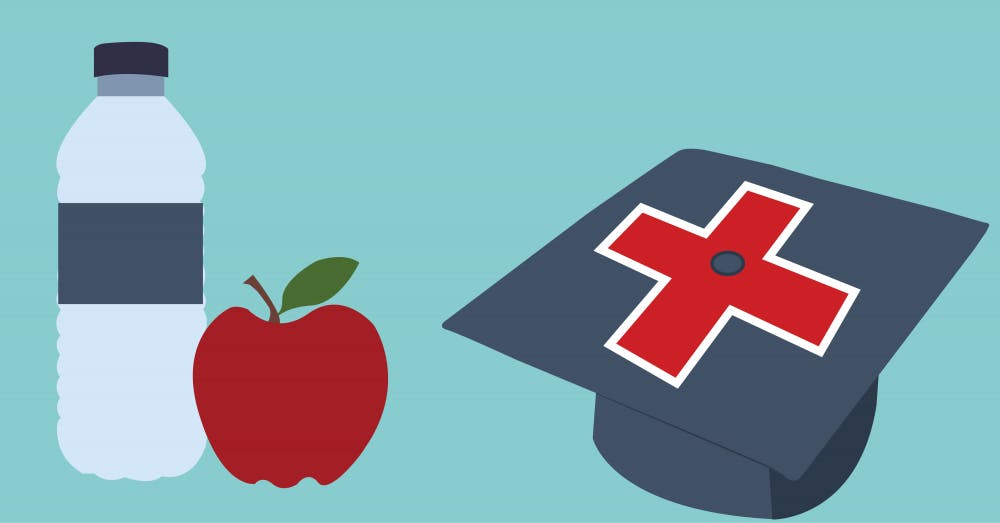Health education programs promote the well-being of individuals everywhere. An effective health education class or program can lead to healthier actions and lifestyles.
Ashley Vega, a Ball State University student, says she has benefitted from health programs. Her health instructor, Lisa Beck, creates a positive atmosphere in class. Ashley says Beck’s passion for what she teaches makes every class and every discussion more motivational.
Health education prompts people to improve and keep up with their health, prevent diseases, and reduce risky behaviors, according to the New Hampshire Department of Education. Ashley’s class with Beck inspires her to be healthier, especially physically. She now runs about four days a week, either in her apartment complex or her university’s recreation facility.
Stephen Shilling, another Ball State student, agrees that these programs have improved his understanding of health. While Stephen already had a gym membership and regularly exercised, his health courses have led him to pay attention to his nutrition, often choosing healthier foods.
In the past, when Stephen was hungry, he would go for pizza or pasta. Now he works to cut out carbs. Even when he has cravings, he holds back and chooses a healthier option.
According to the U.S. Department of Health & Human Services, education increases health literacy, or the ability to understand how decisions affect your well-being. The department also released a health literacy action plan, National Action Plan to Improve Health Literacy, that states nine out of 10 adults struggle to understand health information that appears in everyday life.
To continue reading, visit ballbearingsmag.com.





